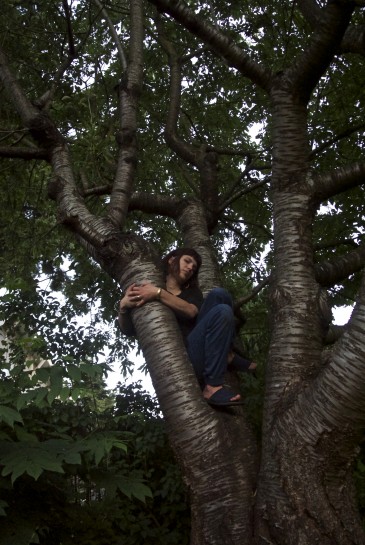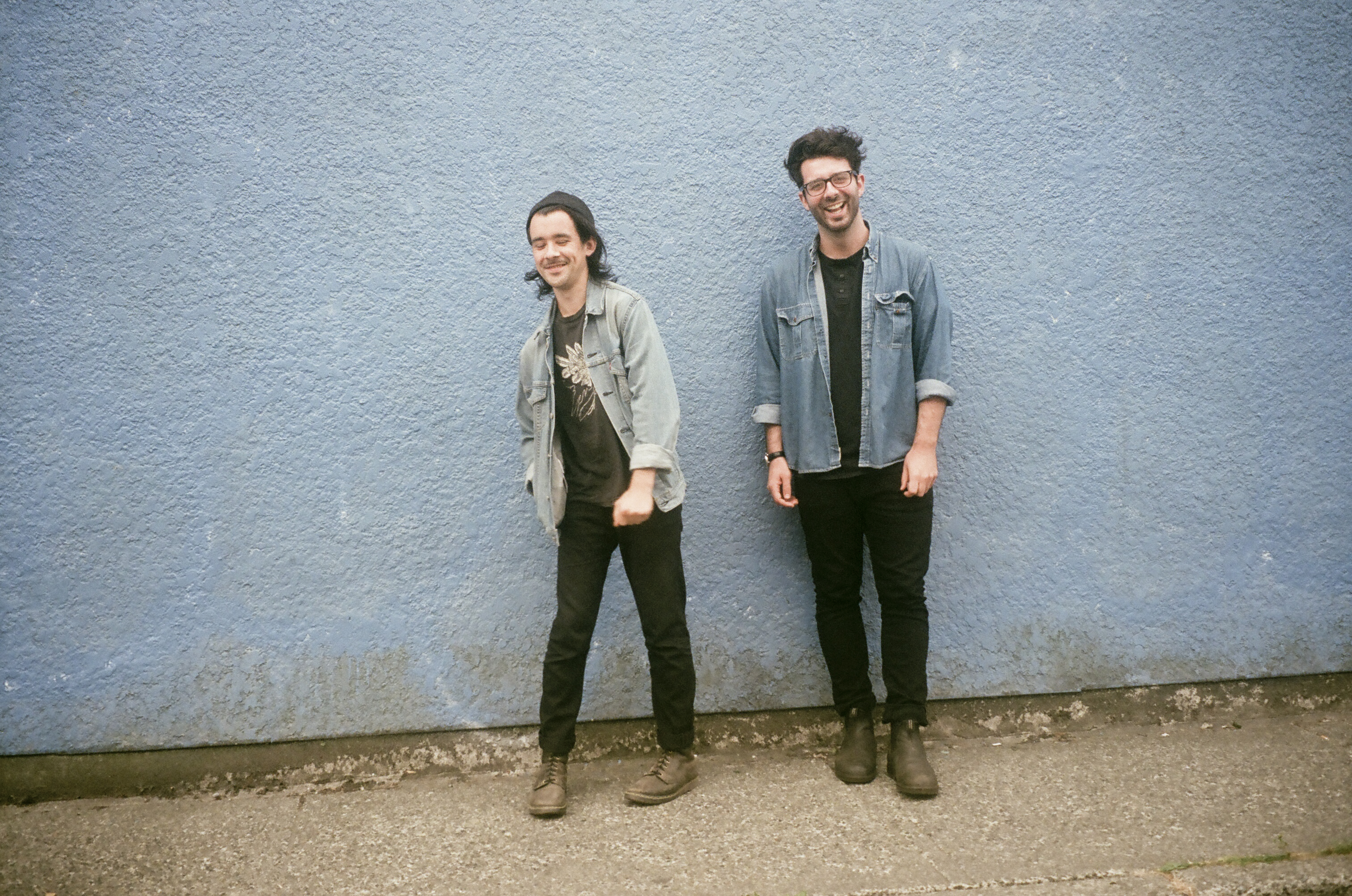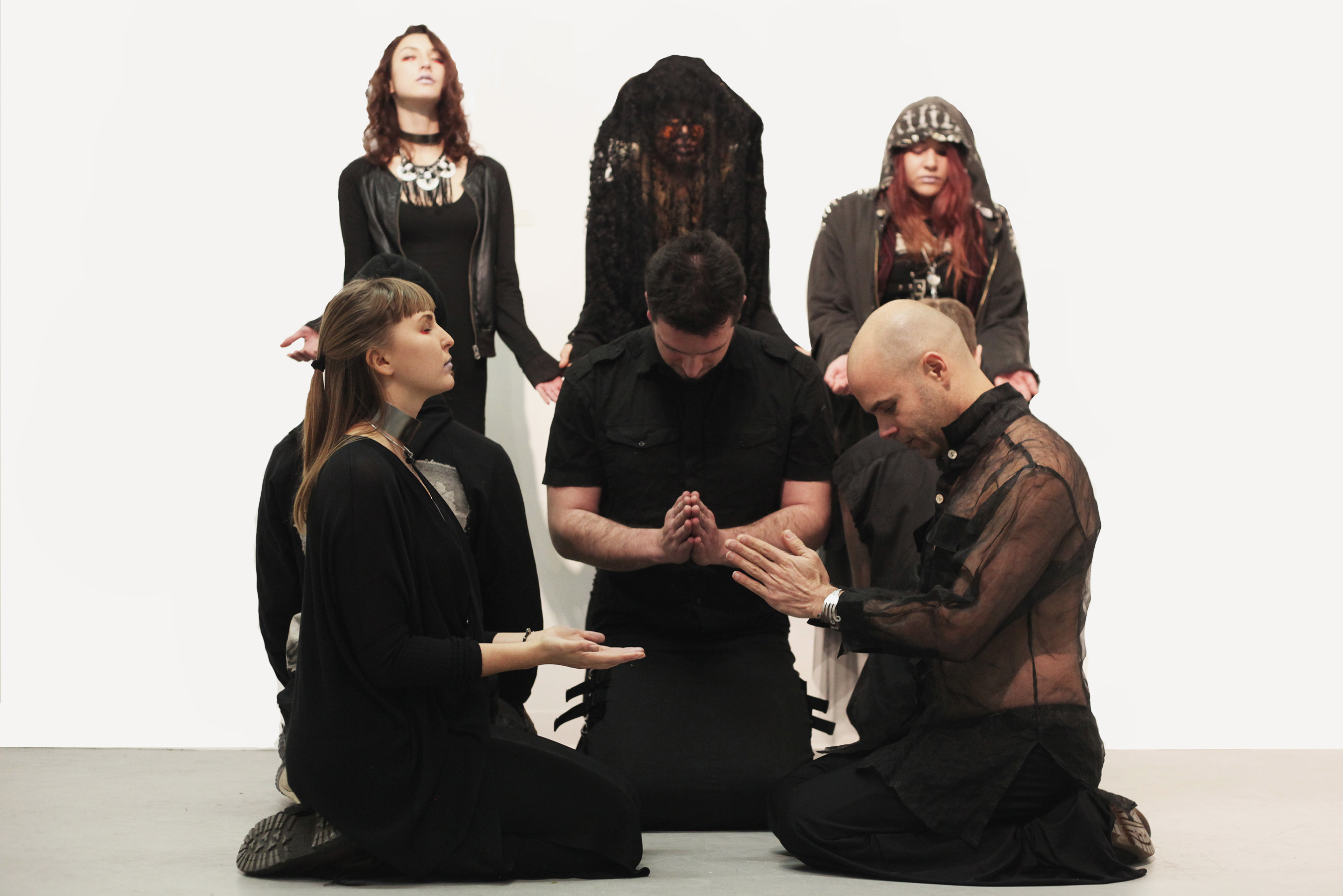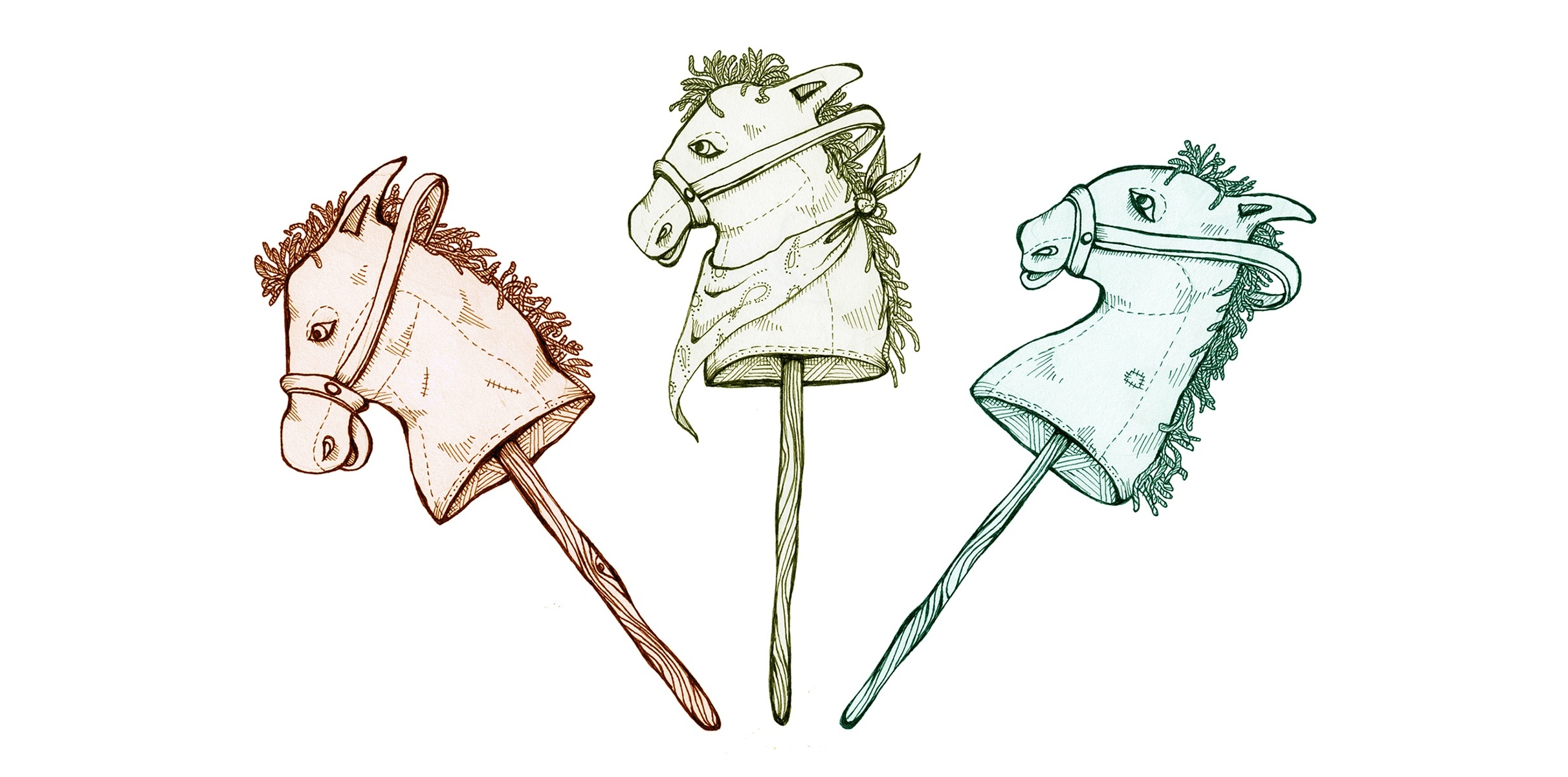The original plan was to grab a coffee at Great Dane with electronic artist Yu Su between classes, but when we arrive it’s packed to the brim. However, it’s easy enough to come up with a contingency plan once we realize we’re in the same anthropology class next, the both of us discussing our term paper topics as we trek to UBC’s Museum of Anthropology. We end up sitting down in the Bill Reid Gallery, visitors strolling by as Su fills me in on her upcoming debut release, AIYE 艾葉.
Su is a self-taught DJ and producer, picking up the program Audiotool in early 2014, after weeks spent digging around Soundcloud in a quest to fuel her voracious appetite for new sounds and beats. This quest was spurred on by over 14 years of piano training in China, where she was never really into the theory, but “was always really good with senses and rhythm.” With AIYE 艾葉, Su has created a collection of beats and post industrial sounds, all from sampled music — an ethereal swirl that is simultaneously lofty and grounded.
Her composition process is more focused on the visual than the sound, Su describing the endeavor as “more scientific than music… it’s all about how to construct things and get the timing right.” Su lines up all the channels on her screen to get a visual and goes from there “so you see where everything goes, and everything’s in order.”
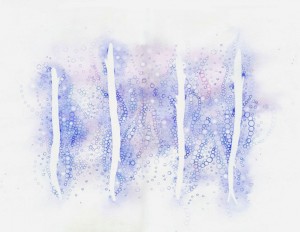
The platform on which she creates and crafts is Ableton, a program she initially struggled with. It wasn’t a matter of a creative block, but rather one of skill — Su found herself unable to finish a track, leaving things unfinished for months at a time. It wasn’t until she took the time to become familiar with the program that she found success, just like any other musician learning their instrument.
Nowadays, she doesn’t have “the concern of not knowing how to make sound” — instead, Su will start and finish a track in one fell swoop. On AIYE 艾葉, Su focuses on the expression of her past emotions, anxieties and experiences, which by nature are unchanging.
These past anxieties Su is addressing with AIYE 艾葉 include overcoming language barriers and the culture shock from when she first came to Canada. “I would always get self conscious about being around people and wanting to express myself, because sometimes I didn’t know how to say it in English,” she explains. This led to a sense of identity ambiguity for Su — “You like work so hard to get used to this other kind of language and cultural system, some part of my own identity just got lost.”
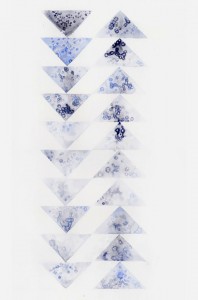 She has brought this sense of cultural ambiguity and duality with the very title, AIYE 艾葉, as it appears in both English and Chinese as a nod to her heritage. Su doesn’t want to be “aggressive with [her] identity,” but she wants to strike a balance between how she wants to represent herself, as opposed to the expectations of others. Aiye is the name of a Chinese herb, the sound of the word is something Su found aesthetically pleasing. The motivation behind including the Chinese characters is a medium through which Su believes she can express ownership over her culture. The title is far from just an aesthetic or something that Su feels she has to do because of her heritage — as she admits honestly, she wants to be able to tell her mom that “this is what it [the title] means.”
She has brought this sense of cultural ambiguity and duality with the very title, AIYE 艾葉, as it appears in both English and Chinese as a nod to her heritage. Su doesn’t want to be “aggressive with [her] identity,” but she wants to strike a balance between how she wants to represent herself, as opposed to the expectations of others. Aiye is the name of a Chinese herb, the sound of the word is something Su found aesthetically pleasing. The motivation behind including the Chinese characters is a medium through which Su believes she can express ownership over her culture. The title is far from just an aesthetic or something that Su feels she has to do because of her heritage — as she admits honestly, she wants to be able to tell her mom that “this is what it [the title] means.”
“My identity is more abstract and ambiguous with this album,” Su states as she explains to me her friendship and collaboration with Li Wei, a photographer based in China whose images have had a strong influence on Su’s sound. “[The photos] are very atmospheric, which was what I was trying to make with my music… it’s not hi-fi, there’s no subject or object, you can’t find anything.” It’s this broadness and timelessness that Su aims to recreate with her music, every beat carefully placed to achieve that effect.
Su has had an abundance of support from her many friends who convinced her to get enough tracks together for AIYE 艾葉 and release it, inspired by the successes of women around her. One of these friends is Soledad Muñoz, founder of Genero — an all-female electronic-music label that is currently making waves across the Vancouver scene. Initially, Su had her reservations about the label, but is now quick to praise the positive impact Genero has had on the scene, especially after her personal experiences with appropriation and sexism. “The label includes all different kinds of music-making and processes, and how different female artists represent themselves. It’s not linear,” Su says, explaining the diverse kinds of feminism she sees at the label and how it has succeeded in creating a better atmosphere for female artists.
It was in her days as a DJ that Su experienced some of this sexism, and when it comes to live performances, Su says she has other projects on the horizon with collaborators that would be more suitable. “When I play live, I want people to dance,” she insists, and as her music is so computer based she doesn’t see an AIYE 艾葉 show being much fun. In addition, Yu says the songs featured on AIYE 艾葉 are “more personal and intimate — I don’t feel comfortable presenting that kind of emotion in front of people.”
From the long list of projects she’s mentioned throughout the interview, it seems as if this is just the start for Su as she positions herself to make her first mark on the electronic scene and assert her own identity through her meticulously crafted sounds on AIYE 艾葉.
x
AIYE 艾葉 will be released January 29 on Genero, accompanied by an exhibition. Additional details to be announced.



